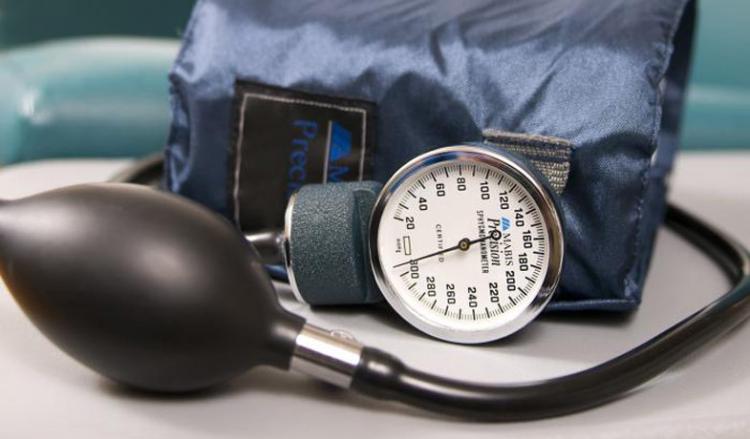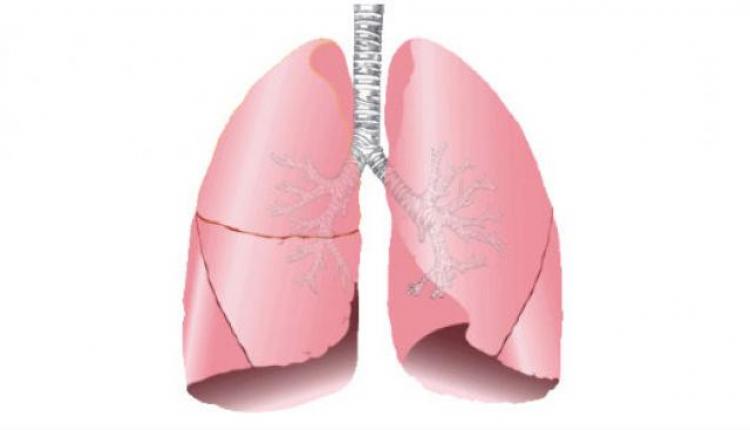Living with High Blood Pressure

WHAT TO EXPECT AND TIPS FOR STAYING WELL
High blood pressure, or hypertension, occurs when the force of your blood against the walls of your arteries is higher than it should be. High blood pressure means that your heart has to work harder than normal to pump blood to all the different parts of your body.
Blood pressure is given in two numbers. Systolic pressure measures the pressure when your heart beats. It is the first number. Diastolic pressure measures the pressure when your heart rests between beats. It is the second number. High blood pressure is defined as 140 mm HG/90 mm HG or higher.
SIGNS AND SYMPTOMS
High blood pressure is often called the silent killer because most people don’t have any symptoms until their blood pressure is extremely high. These symptoms include severe headaches, vision changes, fatigue, confusion, or nosebleeds. You may feel perfectly fine but still have high blood pressure.
High blood pressure is a major risk factor for heart disease, stroke, kidney disease, peripheral artery disease, vision problems—even premature death. And it’s very common. An estimated one in three adults has high blood pressure, and more than 50 percent of people over the age of 65 have it.
TREATMENT
In most cases, high blood pressure cannot be cured. It’s important to get it under control. Your doctor will recommend a treatment plan to manage it. This usually involves:
- A heart-healthy diet. This includes eating plenty of fruits, vegetables, whole grains, and low-fat dairy. Avoiding sodium, fat, and sugar are important. You may also need to limit or avoid alcohol and caffeine.
- Exercising for at least 30 minutes, five or more times per week.
- Losing weight or maintaining a healthy weight.
- Adjusting your lifestyle. Your doctor may want you to get more rest, quit smoking, or better manage stress (through relaxation or meditation exercises, for example).
- Taking medications to treat high blood pressure.
Combining these approaches is likely to give you much better results than relying on one. To ensure that your blood pressure is under control, you may be advised to measure your blood pressure and to track readings in a log.
STAYING WELL
Once you begin treatment, your doctor will want to see you regularly to find out if you are having problems with diet, exercise, and lifestyle changes. Your doctor can make suggestions so they are easier to follow. Your doctor will also want to see how well these changes and any medications you’re taking are controlling your blood pressure. Your doctor will also check to see if you have any complications related to high blood pressure, or that can make it harder to control.
By following your doctor’s treatment, you can control your blood pressure. You will feel better and enjoy life more.


